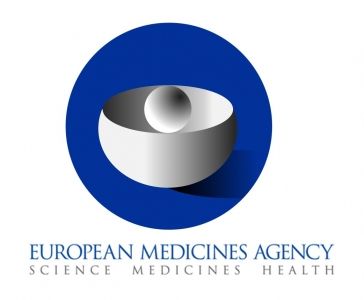Article
AbbVie's HUMIRA Gets Positive Outlook from EMA
Author(s):
The drug, which has previously been approved to treat several other conditions, is now receiving EMA feedback for the treatment of uveitis in children.

The European Medicines Agency’s (EMA’s) Committee for Medicinal Products for Human Use (CHMP) has granted a positive opinion for Abbvie’s adalimumab (HUMIRA) for the treatment of chronic non-infectious anterior uveitis in pediatric patients from two years of age who have not responded to conventional therapies.
Adalimumab previously received EMA approval to treat non-infectious intermediate, posterior and panuveities in adults in June 2016. It has also been approved to treat several other conditions, including rheumatoid and psoriatic arthritis, Chron’s disease, psoriasis and ankylosing spondylitis, among others.
“When HUMIRA’s label is expanded to include chronic non-infectious anterior unveitis it will provide an important new treatment option for children from 2 years of age living with this serious and potentially blinding condition, especially for those patients who have failed standard treatments,” said Marek Honczarenko, vice president of immunology development at AbbVie.
EMA is conducting a centralized licensing procedure of adalimumab’s marketing authorization application (MAA). A decision is expected by September. If approved, the drug will be valid in all 28 member states of the European Union, as well as in Iceland, Liechtenstein and Norway.
CHMP’s positive opinion is based on results of the SYCAMORE clinical trial, which monitored the safety and clinical efficacy of adalimumab combined with methotrexate versus methotrexate and placebo for the treatment of JIA-associated uveitis.
The study’s primary endpoint was time to treatment failure, defined according to several components of intraocular inflammation based on Standardization of Uveitis Nomenclature (SUN) criteria.
SYCAMORE showed that the addition of adalimumab to methotrexate significantly delayed time to treatment failure compared to placebo. Researchers observed 16 treatment failures in 27% of patients in the adalimumab group versus 60% treatment failure in the in the placebo group.
Adverse events were reported more frequently in patients taking adalimumab than patients taking placebo.
The Independent Data Safety and Monitoring Committee (IDSMC) recommended unmasking the trial early after 90 randomized patients with active JIA-associated uveitis showed that adalimumab combined with methotrexate controlled ocular inflammation better and was associated with a significantly lower rate of treatment failure than placebo, according to a Novartis statement.





